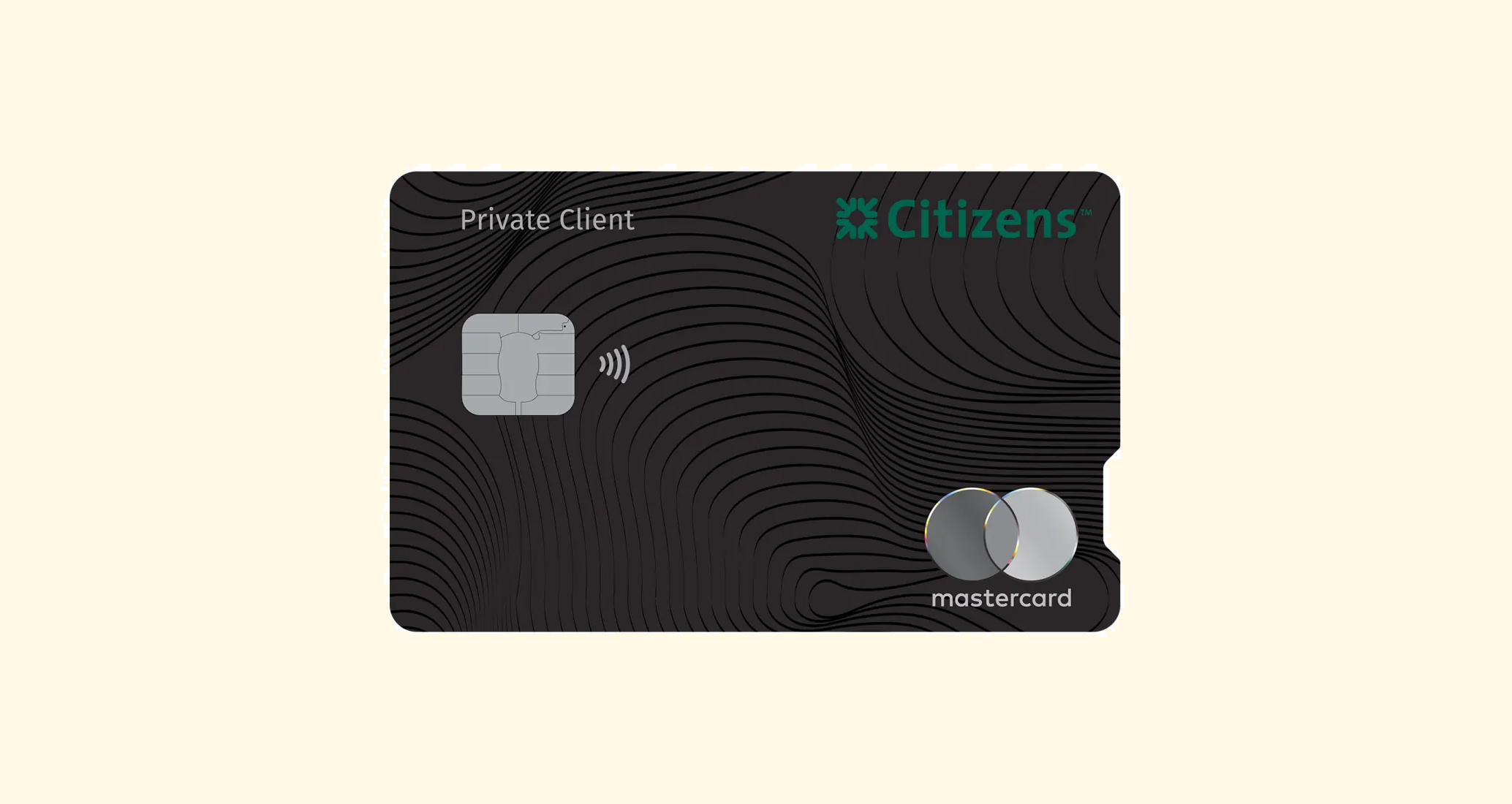Credit Cards and the Psychology of Consumption: Understanding the Traps of Spending

Understanding Credit Cards and Consumption Behavior
In today’s fast-paced world, credit cards hold a significant power over our daily lives. While they offer convenience, they can also lead us down a slippery slope of overspending and financial stress. With the swipe of a card, purchasing power is easily at our fingertips, creating an illusion of abundance that is not always rooted in reality. Consequently, it becomes imperative to grasp the psychology of consumption to navigate the traps that accompany credit card use effectively.
Key Influences on Spending Behavior
Consider the following critical influences that can cloud our judgment and lead to impulsive spending:
- Instant Gratification: The ability to purchase now and pay later tempts consumers to prioritize immediate desires over long-term financial well-being. This can manifest in various ways, such as impulsively buying the latest gadget or fashion item, often driven by the desire to feel good in the moment, regardless of the long-term ramifications on one’s budget.
- Sales and Promotions: Discounts and limited-time offers can create a sense of urgency, pushing buyers to spend more than they planned. For example, a “buy one, get one free” offer on a popular item may lead consumers to purchase multiple items they wouldn’t ordinarily buy, causing them to stretch their budgets thin.
- Social Influence: Seeing friends or influencers flaunt their purchases can lead to feelings of inadequacy, pushing us to buy things we don’t need. This social pressure can be incredibly strong, prompting individuals to chase trends and status symbols simply to fit in or keep up with peers.
The allure of credit can easily transform a simple transaction into a cycle of consumption that may leave us feeling overwhelmed and stressed about finances. Understanding these psychological factors not only raises awareness but also empowers us to make more conscious financial decisions.
Empowering Financial Decisions
As we explore the intricate relationship between credit cards and our spending habits, it’s crucial to reflect on our motivations and the emotional triggers that drive us to swipe. For instance, consider asking yourself whether a purchase will genuinely enhance your life or if it is merely a fleeting desire influenced by external factors. Developing a mindful approach to spending helps establish a healthier relationship with money.
Additionally, setting personal spending limits and regularly reviewing financial goals can lessen the emotional pull of credit cards. Creating a budget that aligns with your values can inspire discipline and help reverse the cycle of impulsive spending. Ultimately, harnessing the knowledge of these psychological insights allows us to embrace a more responsible approach to our finances, paving the way for peace of mind and financial freedom.
Let this knowledge guide you toward a brighter financial future, where every swipe is a step towards empowerment and conscious living.
DISCOVER MORE: Click here for details
The Emotional Landscape of Spending
Credit cards have a unique way of intertwining with our emotions, influencing our spending habits in ways we often overlook. The ease of access to credit can quickly escalate from a useful financial tool to a source of anxiety and stress. At the heart of this dilemma lies a deeper understanding of how our emotions drive our consumption behaviors. Acknowledging these emotional triggers is essential for cultivating healthier spending habits and enabling us to break free from the traps that can ensnare us.
Recognizing Emotional Triggers
Many of us tend to underestimate the impact of emotions on our spending. Here are some common emotional triggers that can lead to impulsive credit card usage:
- Stress Relief: For some, shopping becomes a coping mechanism to handle stress or anxiety. The temporary rush of joy from making a purchase can offer a momentary escape, leading to repeated cycles of buying as a form of self-soothing. However, this method does not address the underlying issues and often results in greater financial strain.
- Seasonal and Holiday Spending: The holiday season in the United States can be particularly challenging for many consumers, as societal expectations often dictate lavish gifting and decorations. Credit cards can mask the reality of our budgets, encouraging overspending in the name of celebration, which can have lingering effects well into the new year.
- Loneliness and Isolation: In a world where social connections are vital, feelings of loneliness can lead to a desire to fill the emotional void with material possessions. The thrill of shopping may momentarily lift spirits, but it can also transform into a relentless cycle of consumption that distracts us from more meaningful connections.
Understanding these emotional triggers enables us to recognize the patterns in our consumption behavior. By becoming aware of when we are more likely to reach for our credit cards, we can start to implement healthier alternatives aimed at managing our feelings. For instance, instead of heading to the store when feeling stressed, consider taking a walk, practicing mindfulness, or engaging in a hobby that brings genuine joy.
Moreover, incorporating practices like journaling can help clarify your thoughts around spending. Keeping track of your purchases and how you felt when you made them can reveal important insights into your emotional landscape. This reflection empowers you to distinguish between genuine needs and impulsive desires, allowing for more conscious and responsible financial actions.
By understanding the interplay between our emotions and consumption, we can start to dismantle the traps of credit card spending. Embracing this journey of self-awareness not only aids in achieving financial stability but also paves the way for a fulfilling life driven by values rather than impulse. Take the first step today toward redefining your relationship with money, fostering a sense of empowerment that can inspire long-lasting change.
DIVE DEEPER: Click here to learn how to apply
The Illusion of Control and Its Consequences
While credit cards provide the allure of convenience and immediate gratification, they can also create an illusion of control that can complicate our relationship with money. This perception of mastery often leads consumers to overlook the potential pitfalls of credit—transforming a seemingly simple transaction into a deeper issue of financial mismanagement.
The False Sense of Security
Credit cards can lead to the belief that spending within one’s means is manageable, but this notion can be dangerously misleading. When faced with sudden expenses or temptations, it’s easy to swipe without contemplating the future repercussions. This fleeting comfort can pave the way for a series of unanticipated financial challenges. It’s crucial to understand that while credit provides a safety net, it can quickly morph into a burden.
To tackle this deceptive sense of control, individuals must take a proactive approach to financial discipline. Setting clear budget parameters and sticking to them can foster a more grounded sense of security. Additionally, creating a plan to pay off debts faithfully, such as utilizing the snowball or avalanche method, can help cultivate a healthier relationship with credit. By addressing debt with a structured plan, the feelings of anxiety tied to credit card statements can gradually diminish.
The Impact of Marketing and Social Pressure
Another significant factor influencing credit card spending is the powerful role of marketing and social pressure. Advertisements often glorify a lifestyle fueled by consumerism, showcasing the latest gadgets, fashion, or experiences as essential to happiness. In a society where social media underscores visibility, many individuals find themselves comparing their lives to the curated highlights of others. This can lead to a compulsive desire to up-level one’s lifestyle through spending, even if it means ignoring personal finance principles.
Recognizing the impact of external influences on our spending habits is essential for distancing ourselves from the constant pull of consumer culture. Implementing a “30-day rule” can significantly help curb impulsive purchases that stem from fleeting desires or influenced emotions. If you find yourself wanting to make a non-essential purchase, consider waiting for 30 days. This period allows time for reflection, which may reveal that the urge to buy dissipates over time.
Building an Empowered Financial Mindset
Above all, fostering a positive financial mindset is a pivotal step toward maintaining control over credit card usage. This means re-framing how we view our financial journeys and relating those views to our identity. Instead of associating self-worth with material possessions, embracing qualities like responsibility, growth, and resilience can not only fortify our relationship with money but also contribute to overall well-being.
Engaging in financial literacy activities, such as attending workshops or utilizing budgeting apps, can further enhance one’s understanding of personal finance. This shift toward proactive learning empowers consumers to make educated decisions, transforming their relationship with money from reactive to intentional. By consciously cultivating a financially sound lifestyle, individuals can enjoy the benefits of credit without falling into the traps of excessive consumption.
Ultimately, recognizing the emotional, psychological, and societal forces that influence credit card use can lead to transformative changes in one’s approach to spending. With the commitment to self-awareness and strategic planning, navigating the world of credit cards can become not only manageable but also a pathway to personal empowerment.
DISCOVER MORE: Click here to learn how to apply
Conclusion: Empowering Yourself in a Consumer-Driven World
Credit cards wield both power and peril, acting as a double-edged sword in our financial lives. They offer the enticing allure of convenience and instant gratification, yet they simultaneously mask a landscape of potential pitfalls. As we navigate the complexities of credit and consumption, it is vital to recognize that the emotional and psychological traps tied to spending decisions can lead to long-term financial strain and anxiety.
To forge a stronger financial future, individuals must cultivate a proactive and disciplined approach to their credit card use. This includes establishing clear budgets, adopting mindful spending practices, and rejecting the societal pressures that fuel impulsive purchases. By implementing strategies such as the 30-day rule, consumers can mitigate the impulse to buy and gain better control over their financial choices.
Moreover, fostering an empowered financial mindset that emphasizes responsibility, education, and resilience is essential. Engaging in financial literacy, whether through workshops or mobile apps, can provide the knowledge necessary to transform one’s relationship with money from reactive to intentional. Ultimately, the journey through the world of credit cards can be a path of personal growth and empowerment when navigated with self-awareness and planning.
In a consumer-driven society, the choice lies within us. By taking deliberate actions to temper our spending habits, we can reclaim our power over credit cards, turning them into tools for financial stability instead of traps for excessive consumption. Embrace the opportunity to redefine your financial narrative and pave the way for a more secure and fulfilling future.


